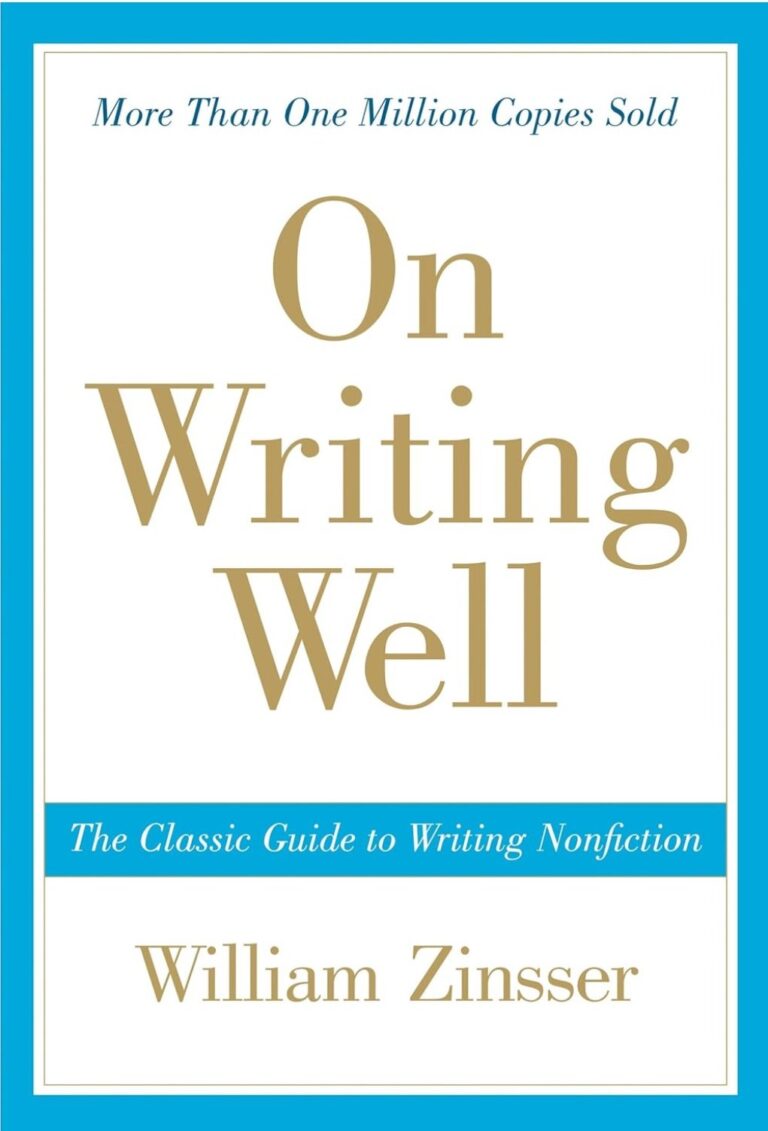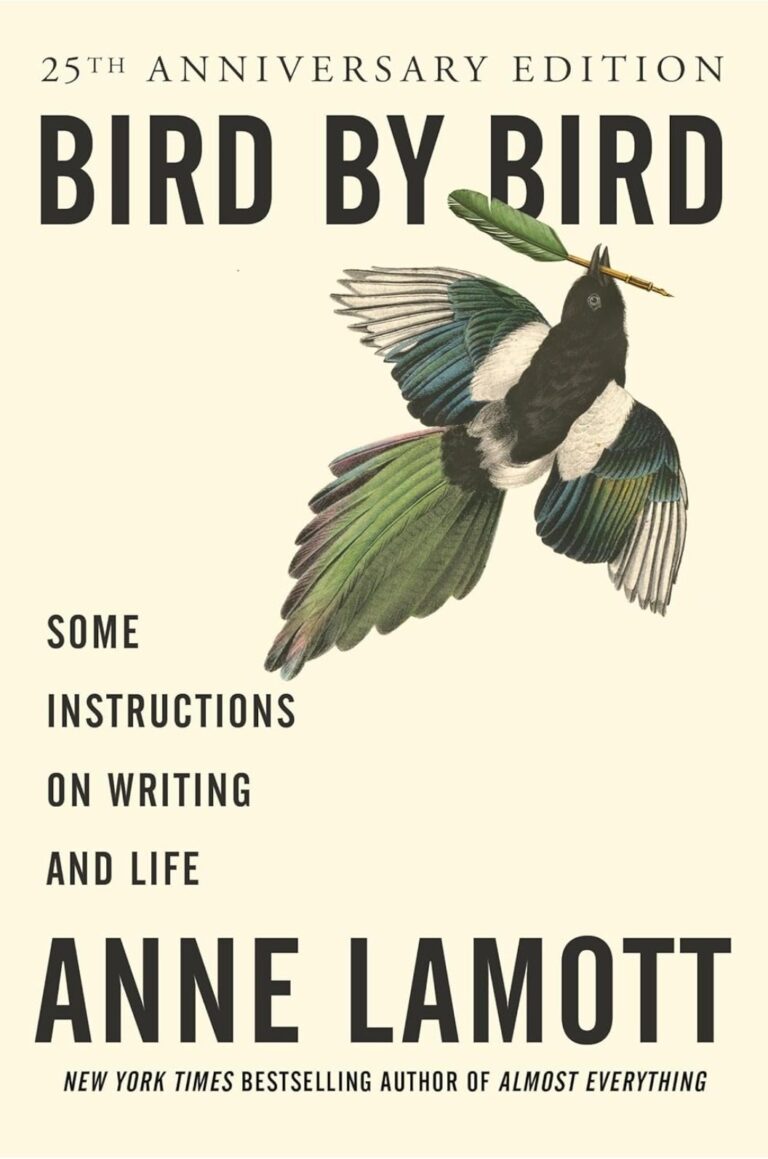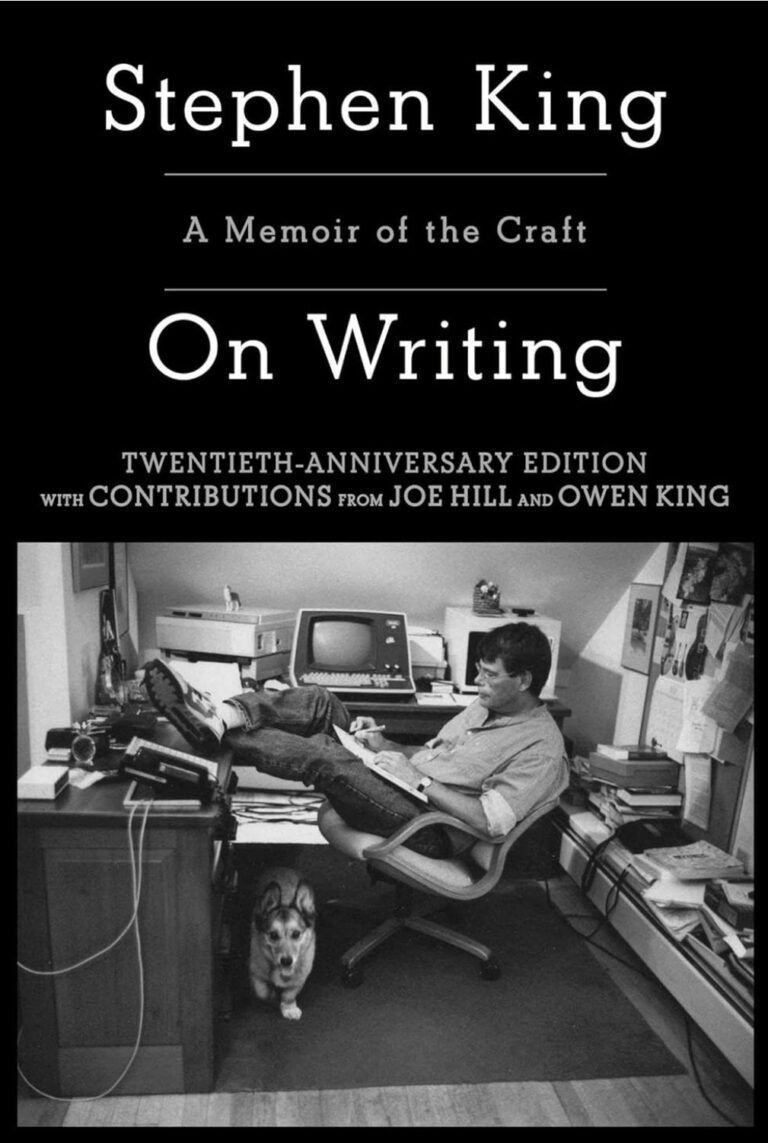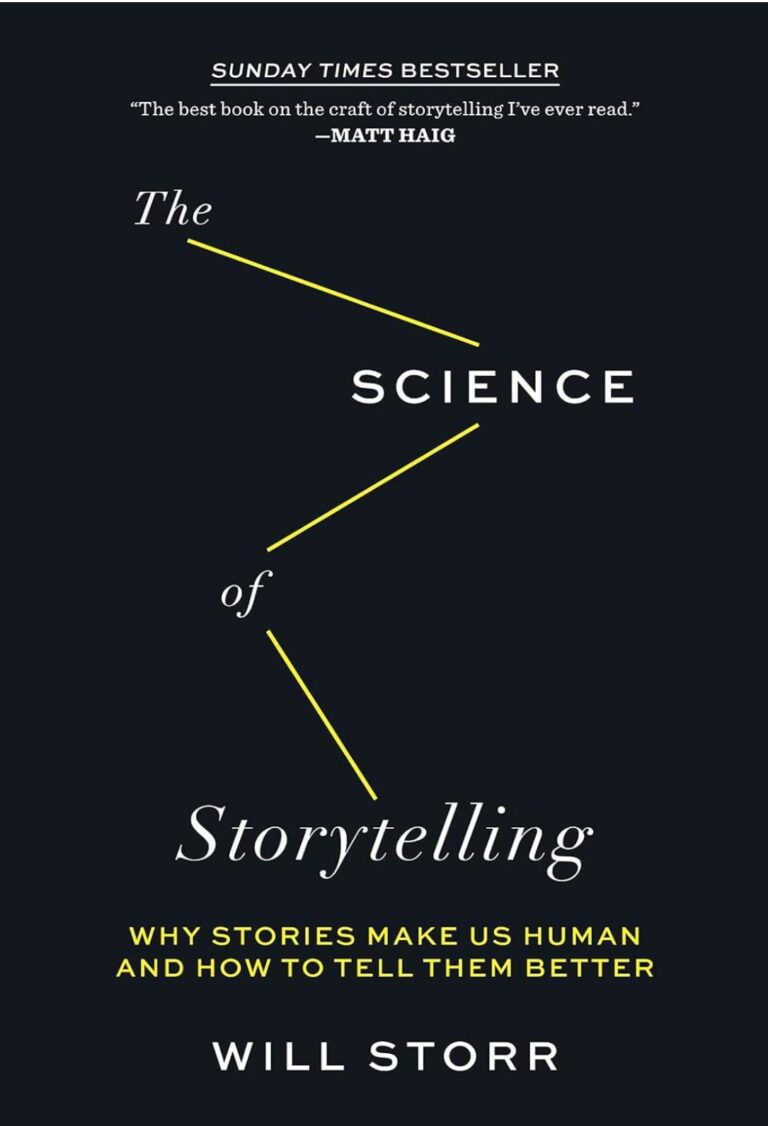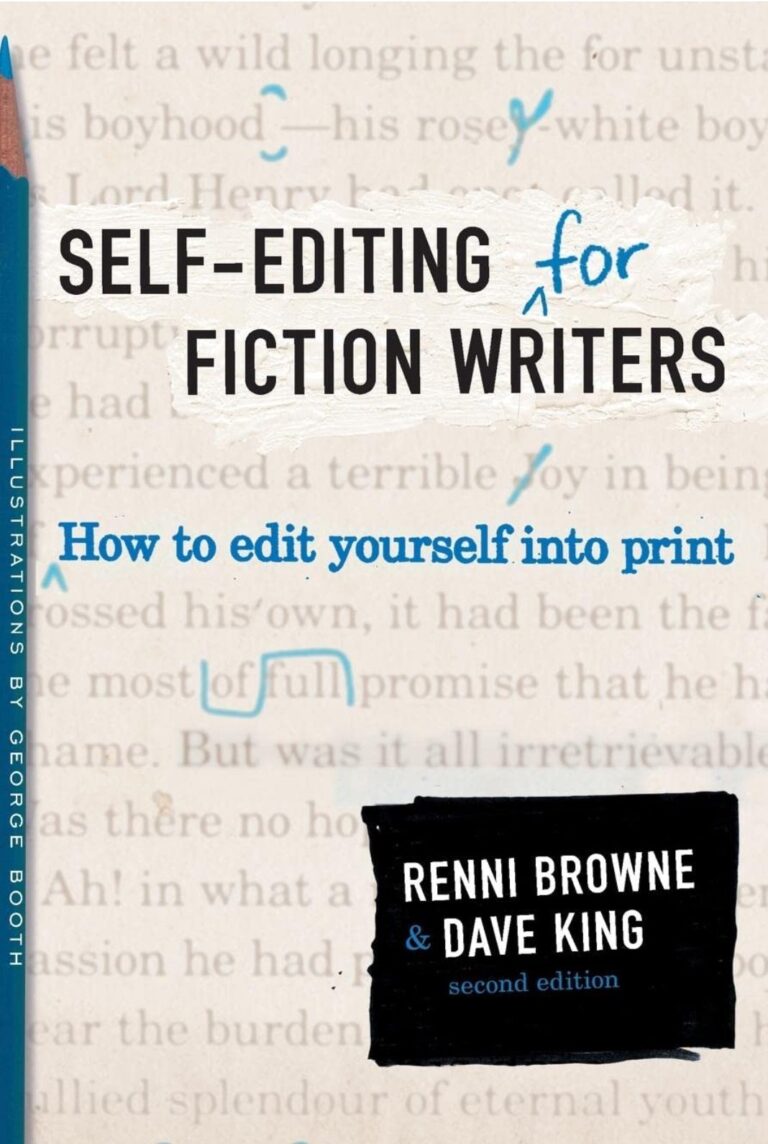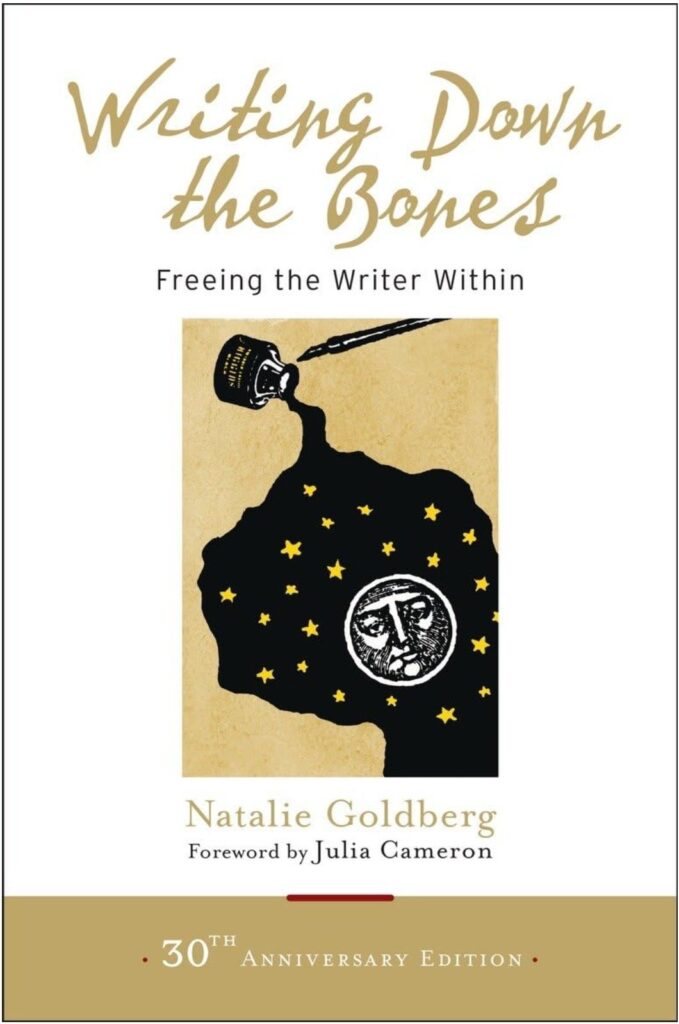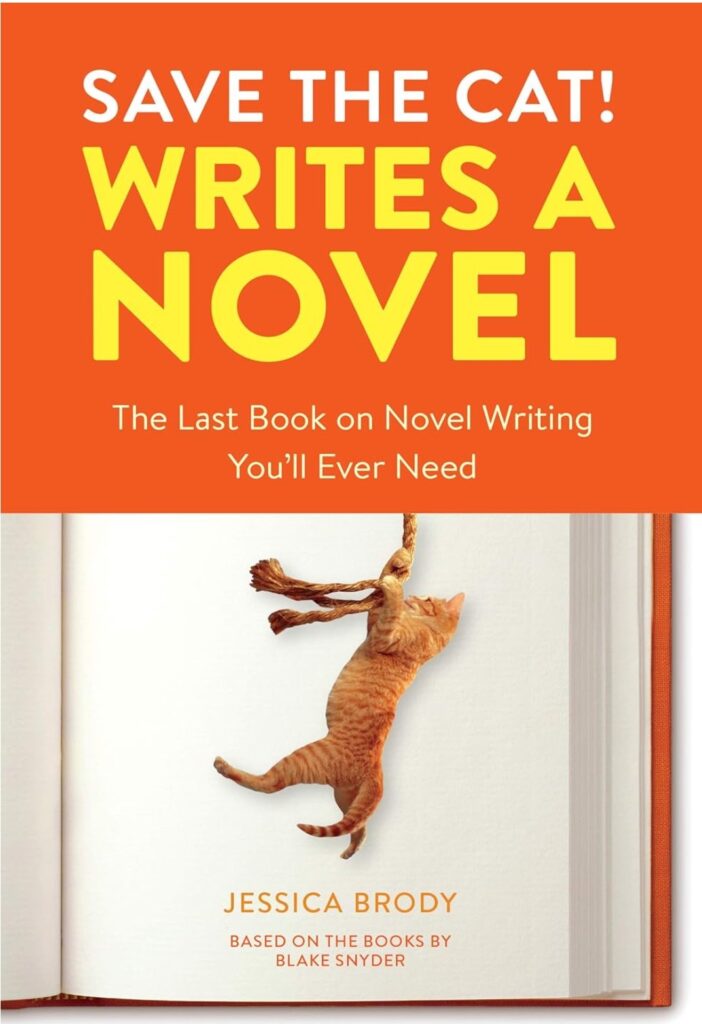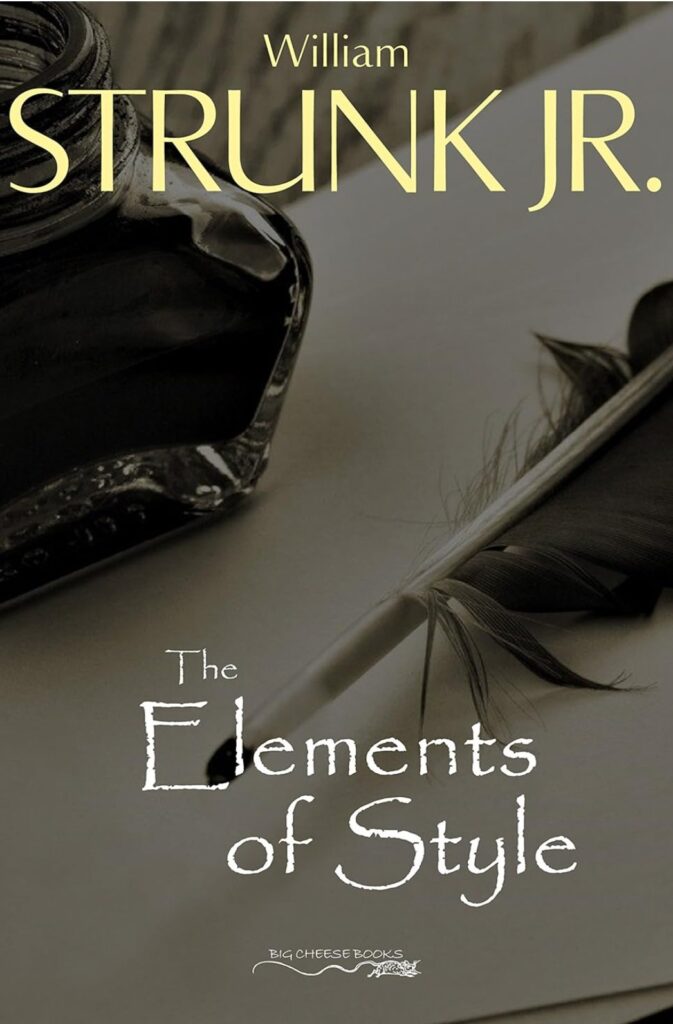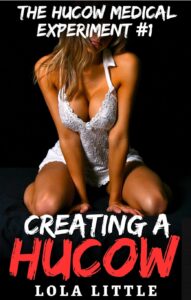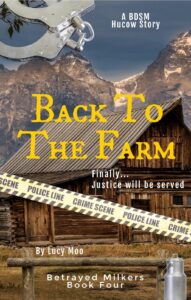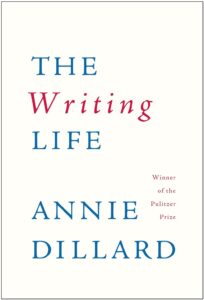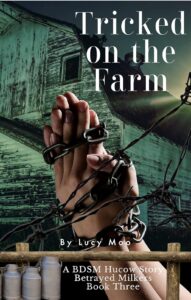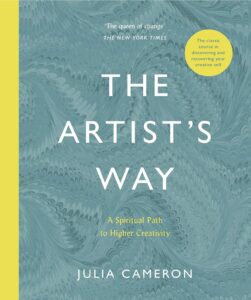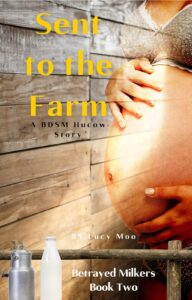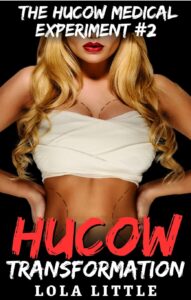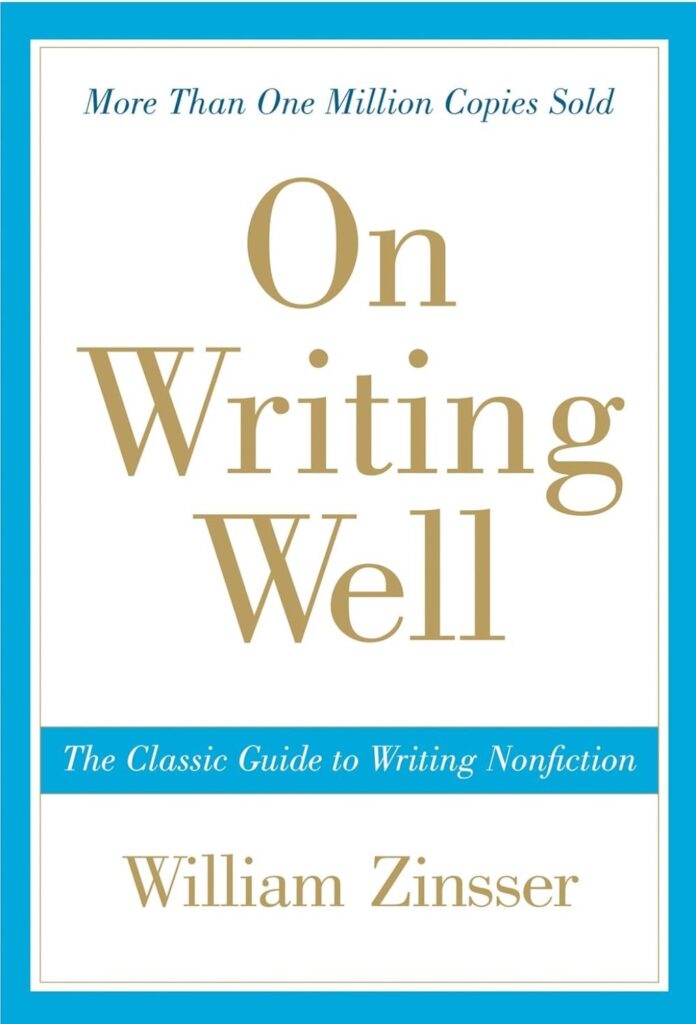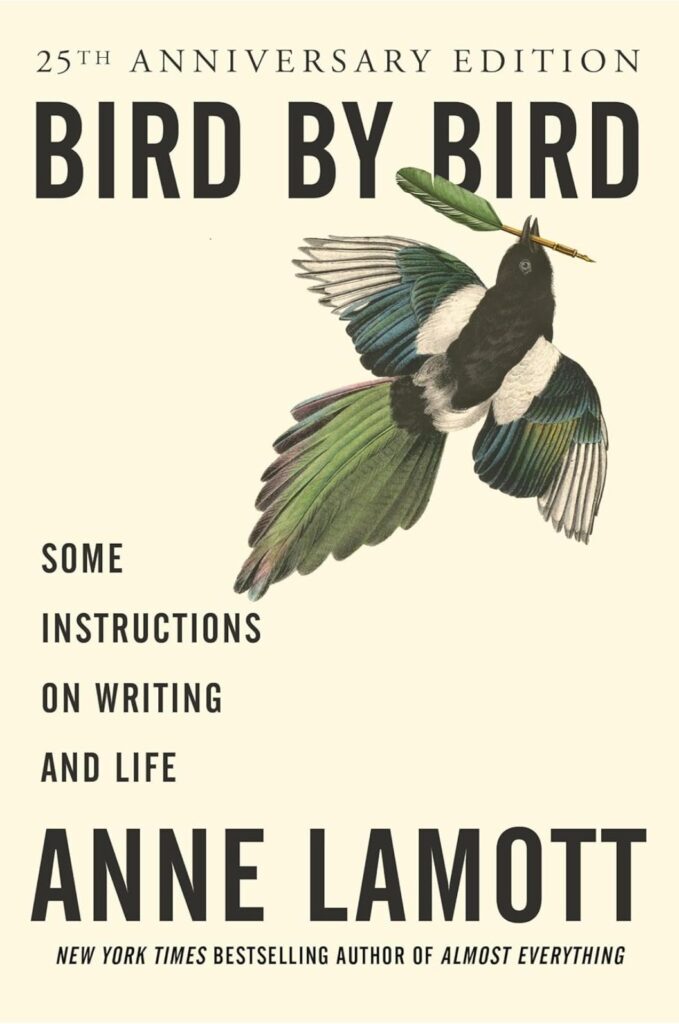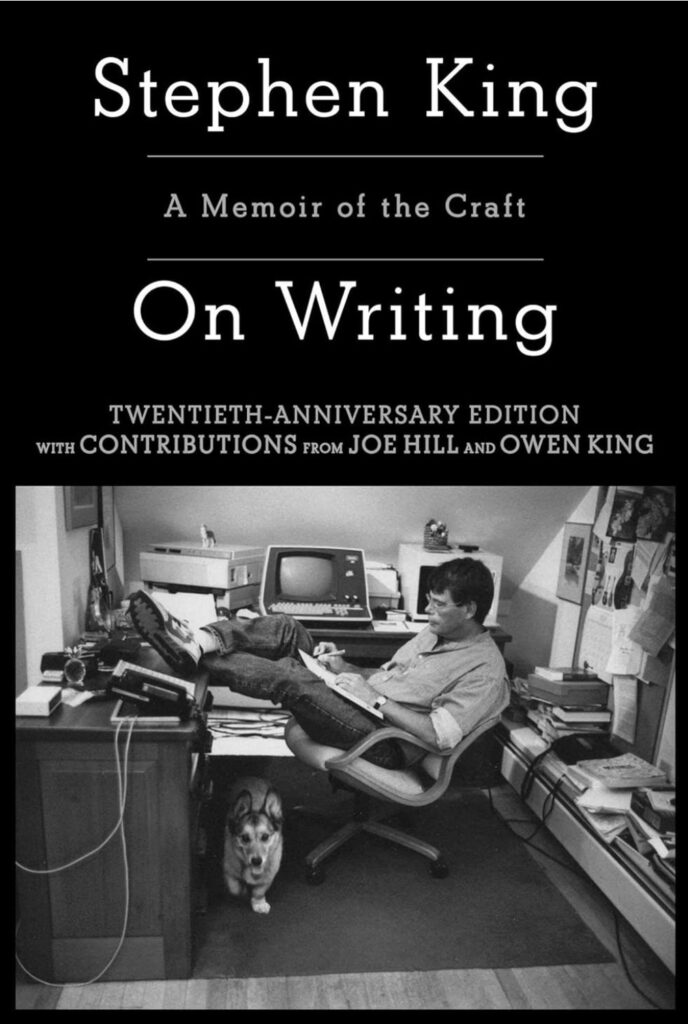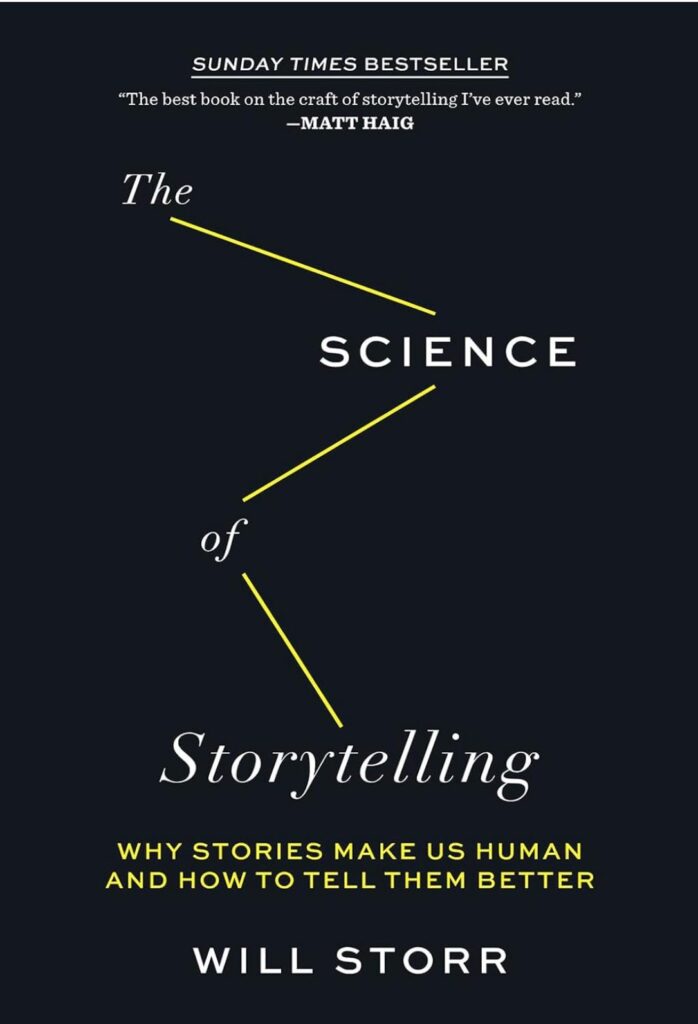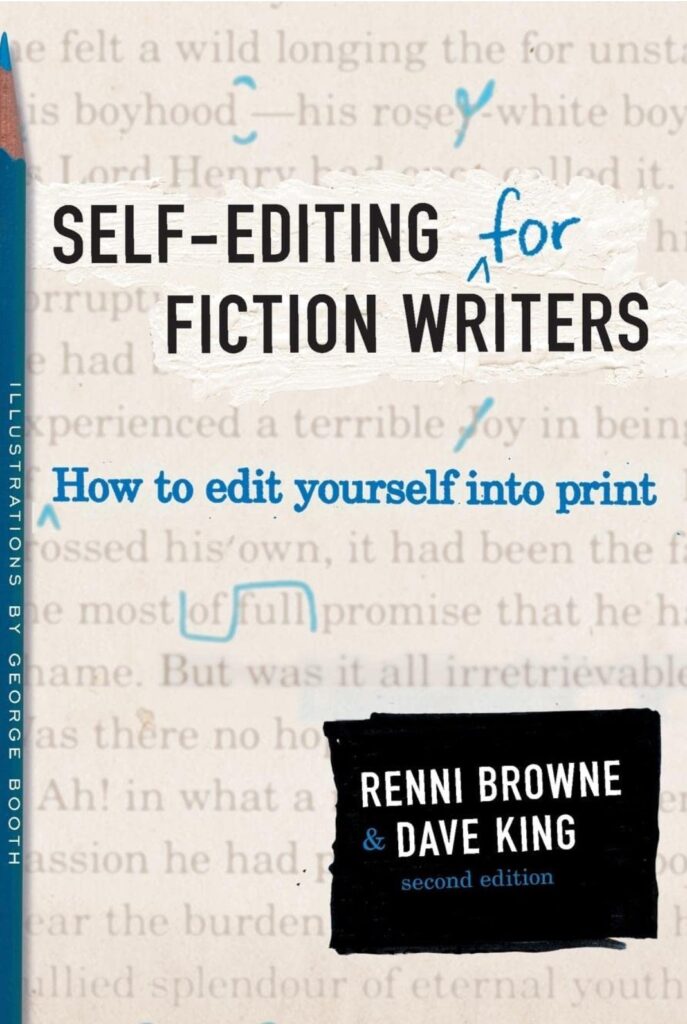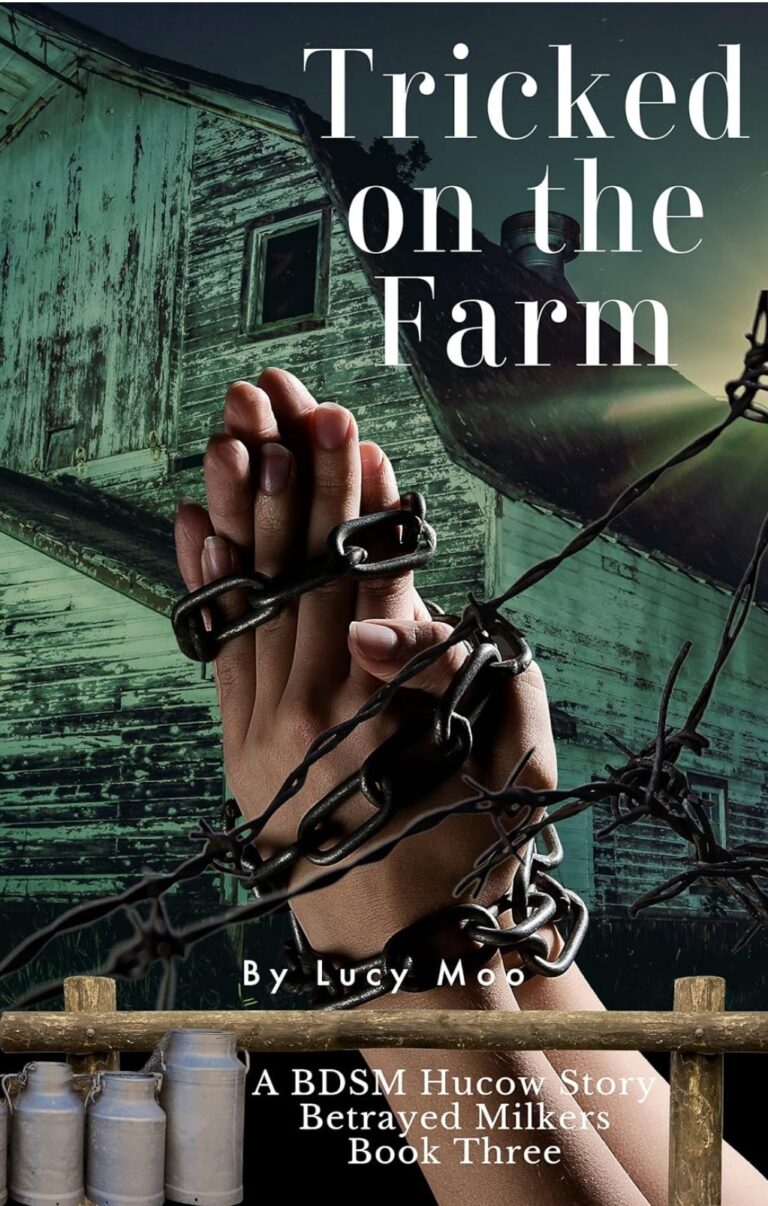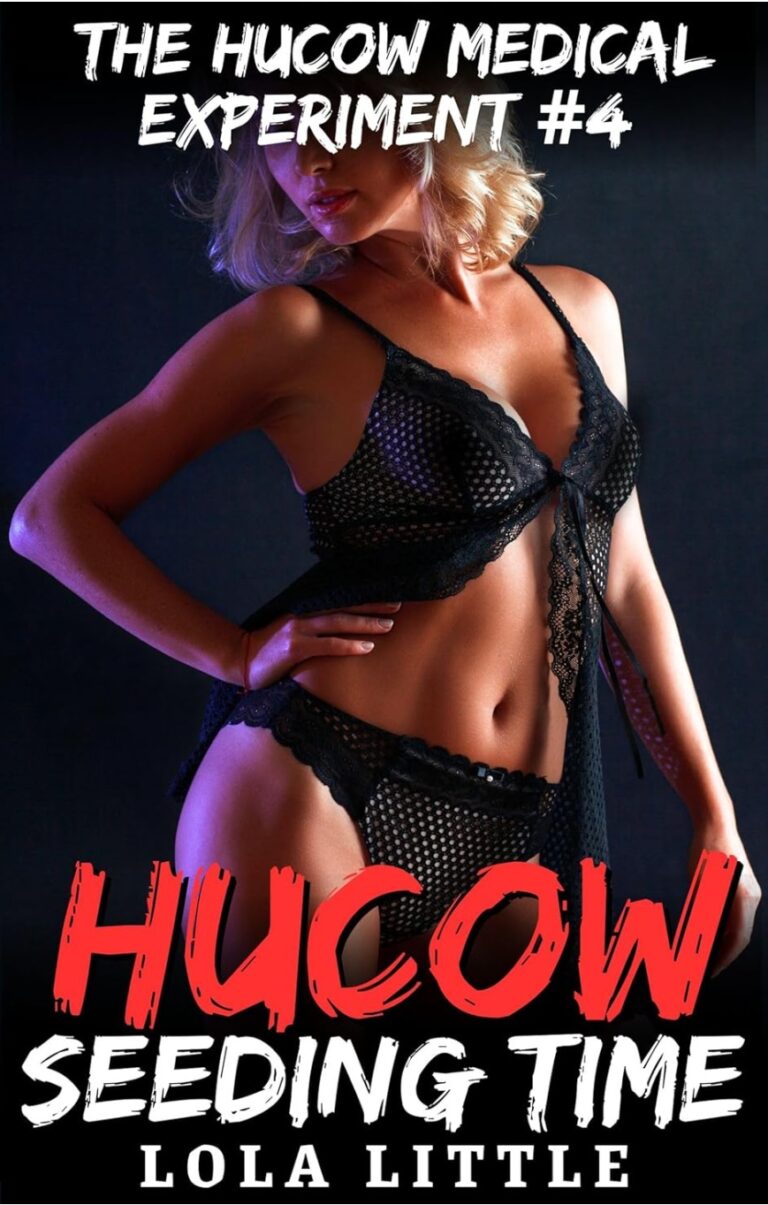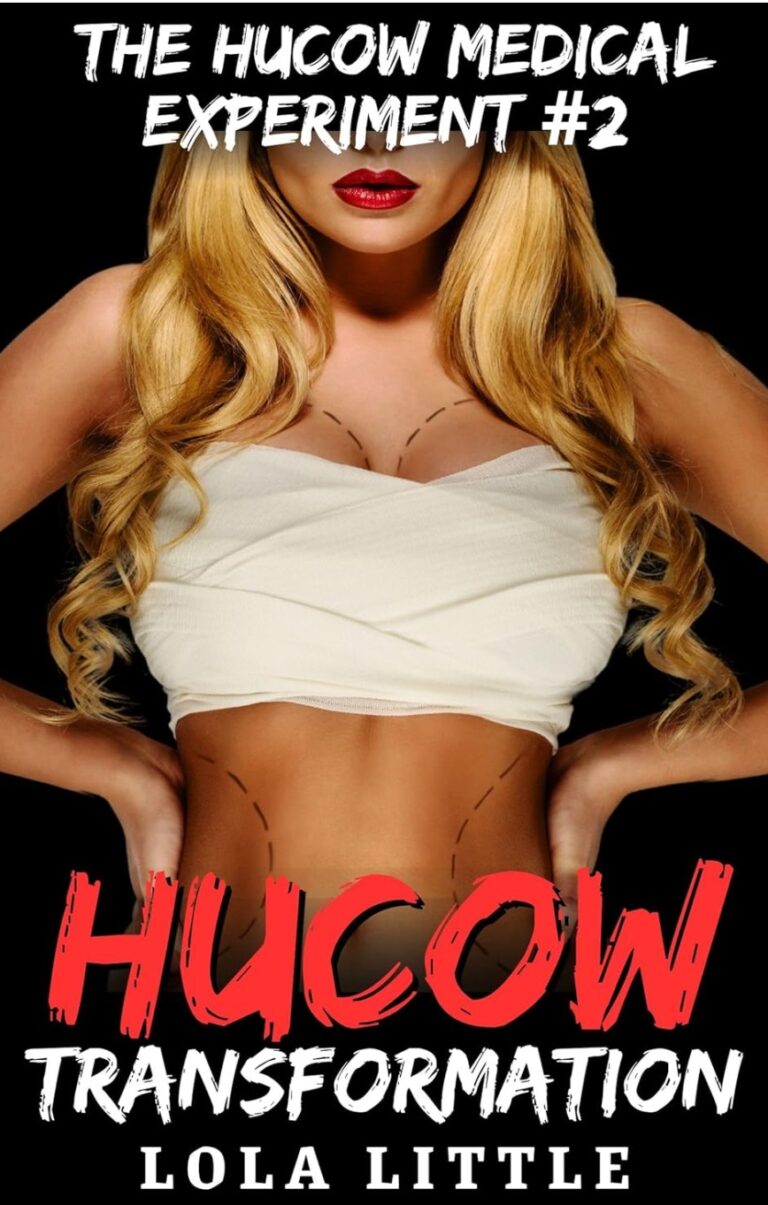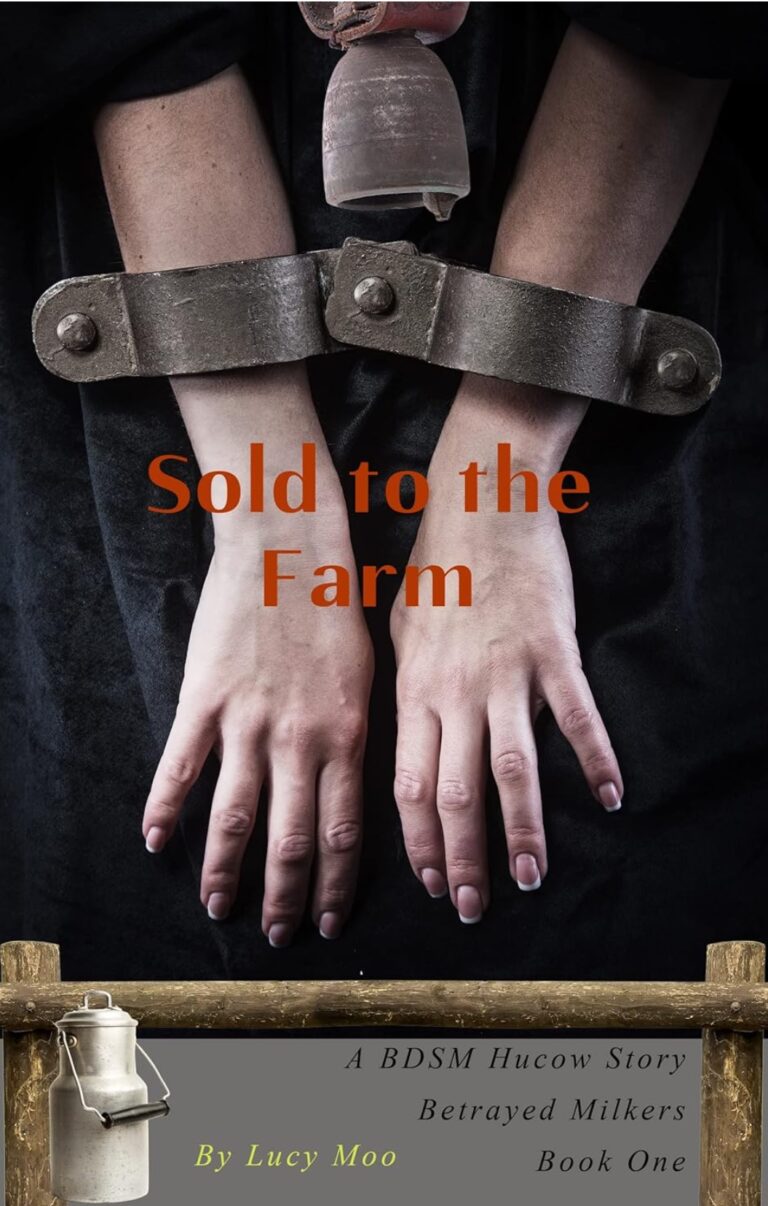As a Hucow author, reader feedback is one of the most valuable tools in shaping your future books. It provides a direct line to your audience’s desires, helping you refine your stories and create content that deeply resonates.
For writers in niche genres like Hucow, where themes such as transformation, milking, and breeding are central, understanding what clicks with your readers can open doors to more fulfilling stories.
In this post, I’ll walk you through how I use reader feedback to craft stories that not only keep my audience hooked but also help me grow as a writer. This is a process that you can easily implement, and it will transform the way you approach future Hucow books.
Table of Contents
ToggleWhy Reader Feedback is Essential
Direct Connection to Your Audience’s Desires
In a Hucow story, knowing your audience’s preferences is crucial. Sometimes, what you think will resonate isn’t what actually grabs your readers. For example, when I published one of my early Hucow books, I thought the breeding storyline would be the main draw. But surprisingly, the emotional transformation of the heroine was what readers found most captivating.
Pay attention to reviews, social media comments, and messages. They’re your direct link to understanding how your audience is engaging with your story’s core themes—be it milking scenes, emotional growth, or power dynamics.
Understanding Trends in the Hucow Niche
Every genre has trends, and Hucow erotica is no exception. Keeping track of common feedback can help you spot trends that might be evolving. Maybe readers are looking for deeper emotional connections or more intense power dynamics. By tuning into these shifts, you can ensure your next book aligns with what’s currently trending while still staying true to your voice.
For instance, I noticed that more readers were asking for stories where the heroine takes more control over her transformation, rather than being passive. Incorporating that into my future books helped keep my stories relevant while catering to evolving reader preferences.
Adapting Your Story Based on Feedback
Keeping Your Vision Intact
Adapting your story doesn’t mean losing your creative vision. In a Hucow story, you may have a clear idea of where you want to take your series. But, if you listen to your readers, you can adapt without compromising your artistic integrity.
For example, in one of my series, readers wanted more scenes focused on the emotional bond between the hero and the heroine. Originally, I had planned to emphasize their physical connection, but I decided to balance the two more equally.
By staying flexible, you’re not giving up your vision, but rather refining it in a way that aligns with your readers’ expectations.
Making Small Adjustments to Please Readers
You don’t have to completely change your story direction to satisfy your readers. Sometimes, small adjustments can make a big impact. In a Hucow story, if readers want more transformation scenes but you’re focused on the relationship dynamics, try blending the two. Use transformation moments to deepen emotional bonds or reveal new aspects of the characters.
In one of my books, readers commented that the milking scenes could have been more detailed. I didn’t scrap my initial storyline but added more sensory-rich descriptions of those moments. The feedback was overwhelmingly positive, and it enhanced the reader’s experience without altering the plot.
Engaging Readers in Your Process
Involving Readers Through Polls and Social Media
Readers love being part of the creative process. It makes them feel invested in your story. In a Hucow series, where transformation and breeding are central, you can engage your audience by asking their opinions. Polls on social media are a great way to gather input on elements like what direction they’d like the story to take or what subplot they want more of.
For example, I once posted a poll asking whether readers wanted the next book to focus more on emotional growth or the heroine’s breeding experience. The results were split, so I decided to do both, creating a more layered narrative that catered to both sides.
Teasing Upcoming Storylines to Build Anticipation
Letting readers know what’s coming next can build excitement. In my Hucow stories, I like to tease elements like upcoming breeding rituals or deeper dives into the milking process. When you share snippets or teasers about upcoming books, it creates buzz and keeps readers engaged between releases.
By giving them a taste of what’s coming, you make them feel like insiders, and they’ll be eagerly waiting for your next release.
Handling Negative Feedback Gracefully
Learning from Criticism Without Losing Confidence
Negative feedback is never easy, but it’s a part of being an author. Instead of seeing it as a personal attack, use it to grow. In my early days, I received feedback that a hero’s dominance in one of my stories overshadowed the heroine’s growth, making the romance feel unbalanced. At first, it was hard to hear, but after reflecting, I realized there was truth in it.
In my next Hucow book, I focused on balancing the power dynamics better, allowing the heroine’s emotional arc to shine through. Readers noticed the improvement, and it taught me the value of constructive criticism.
Using Criticism to Sharpen Your Skills
Not all negative feedback requires a massive overhaul. Sometimes, a single critique can help you refine a specific skill. If a reader comments that your pacing felt slow during the transformation scenes, think about how you can tighten those moments without rushing through the emotional weight of the process.
In one of my stories, a reader mentioned that the tension in the breeding scenes felt forced. I took that feedback and worked on building more natural tension in future books, using smaller moments to create anticipation rather than diving straight into the climax.
Balancing Reader Input with Your Vision
Staying True to Your Story’s Core Themes
Reader feedback is essential, but it’s equally important to stay true to your vision. In a Hucow story, where themes like transformation, breeding, and milking are central, it’s easy to feel pulled in different directions by feedback. However, your story’s core should always reflect what you’re passionate about.
When readers asked me to add more breeding scenes in a book where I had focused heavily on emotional growth, I found a way to meet their requests without losing the emotional depth. The key is balance—listen to feedback, but always stay rooted in the themes that are true to your story.
Making Decisions Based on Multiple Perspectives
One reader’s feedback is valuable, but consistent feedback from multiple readers can show you trends that require your attention. If several readers mention that the emotional transformation felt rushed, it’s worth examining how you’ve paced that aspect of the story.
In one of my Hucow series, after several comments on rushed power dynamics, I made sure to spend more time developing those relationships in future books. It paid off when readers remarked on the improved depth and connection between characters.
Sustaining Long-Term Reader Engagement
Building Trust with Consistent Quality
Readers will return to your stories if they feel they can trust you to deliver what they want. By using reader feedback, you can build that trust over time. Each Hucow story should feel like a conversation between you and your readers, where their desires are taken into account while maintaining the integrity of your narrative.
Keeping the Conversation Ongoing
Don’t let the feedback stop after one book. Create opportunities for readers to continuously offer their thoughts on your series. Whether through social media, email newsletters, or reader forums, keeping the conversation alive helps you stay connected with your audience. This ongoing dialogue ensures that future Hucow books will continue to resonate with your readers, keeping them coming back for more.
Conclusion
Using reader feedback effectively is a skill every Hucow author should master. It’s about maintaining a balance between honoring your creative vision and adjusting to what your audience craves.
By taking in both praise and criticism, involving readers in the process, and fine-tuning your stories based on input, you create a more engaging and immersive experience for your readers.
So, listen closely, adapt when necessary, and keep creating the Hucow stories your readers will love.
References
The below references will assist you in further research in this area:
- Hucow Fantasies – A resource for Hucow fiction and writing tips.
- Romance Author Resources – Writing resources for romance authors.
- Breeding Fiction Explored – A look into breeding tropes in erotic fiction.
- Exploring Power Dynamics – Writing dominance and submission in romance.
- Milking Stories Collection – A collection of milking-themed stories for inspiration.
- Writing Steamy Fiction – Tips for writing steamy, compelling scenes.
- Transformation Themes in Romance – Exploring physical and emotional transformation in fiction.
- Erotic Writing Tips – Advice for writing compelling erotic fiction.











